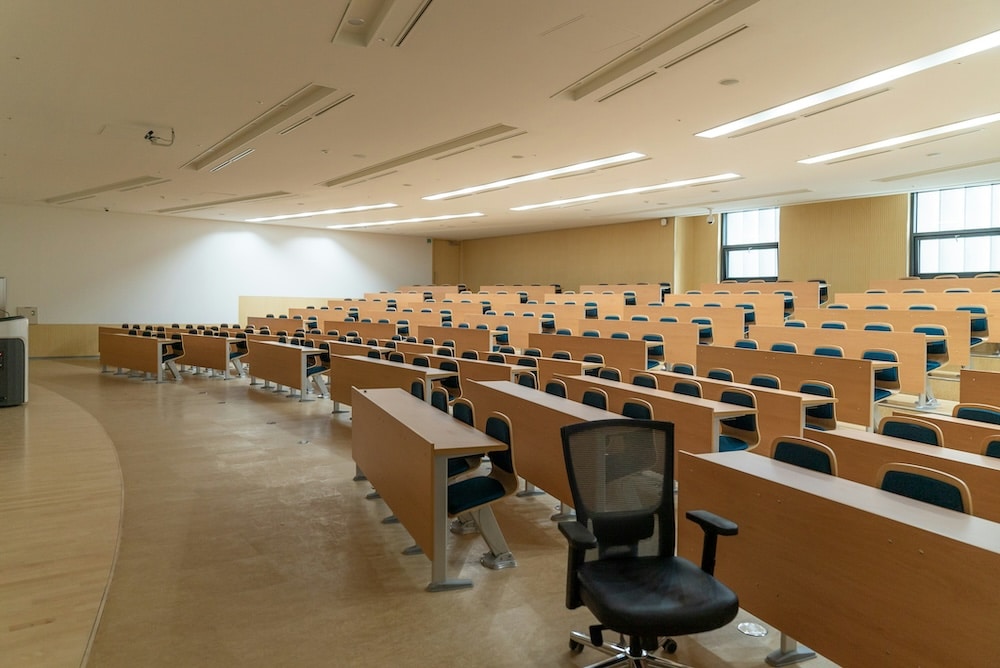College and university faculty leaders see Governor Ron DeSantis’ and the State Board of Governors‘ trustee appointments across the state as “just the latest in the plan of our governor and his cabinet to take us back to a 1950s education system.”
- The UWF Chapter of the United Faculty of Florida (UFFUWF) President Chasity Hobbs has been working with faculty union leaders across the state to raise awareness of some absurd education-related policies and regulations coming out of Tallahassee, particularly changes to higher education general education requirements.
They focused on four main points:
1. Students’ Right to Learn and Academic Freedom
Florida students have a fundamental right to receive an education based on current, accurate knowledge, free from political interference. The Board of Governors’ (BOG) recent actions against General Education courses appear arbitrary and lack transparent reasoning. Their evaluation process, which seems to focus solely on course titles and catalog descriptions, has led to concerning decisions – such as the rejection of long-standing courses like “Women in Literature” without explanation. This approach threatens academic freedom and students’ access to comprehensive education.
- Hobbs said, “Faculty suspect that reasons are not given because, if offered, they would expose a political agenda with shoddy reasoning, reactionary assumptions, and
possible illegalities.”
2. Impact on Educational Quality and Progress
These curricular restrictions create practical challenges for both students and institutions. The widespread elimination of General Education courses has reduced available class seats, potentially creating enrollment bottlenecks that could delay graduation timelines. First-year and sophomore students may particularly struggle to complete required courses on schedule, affecting overall four-year graduation rates across Florida’s higher education system.
“On a practical level, because the curricular cuts have been so massive–in some schools numbering in the hundreds, students may have trouble enrolling in required Gen Ed courses, as the number of available seats will be reduced,” she said.
3. Professional Preparation and Market Readiness
The current curricular restrictions risk compromising students’ career readiness. When political considerations override academic expertise in determining course content, students may receive outdated or incomplete information that fails to meet the expectations of:
– Potential employers
– Graduate and professional programs
– Industry standards in their chosen fields
4. Faculty Expertise vs. Political Intervention
Educational decisions should be guided by scholarly expertise rather than political agendas. Faculty members possess deep understanding of their disciplines, current research, and student needs. They are best positioned to develop curriculum that prepares students for future success. The current politically-driven approach to curricular oversight disregards this expertise, potentially harming educational quality and student outcomes.
- “Because curricular interference is based on political priorities and not a scholarly understanding of the material being taught, curricular interference is often lazy, ill-informed and ham-fisted,” Hobbs said. “Politicians’ assertion of curricular control at colleges and universities is no different than censorship and book banning based on reactionary, superficial understandings of subject matter and faulty assumptions about education overall.”
Photo by Changbok Ko on Unsplash
